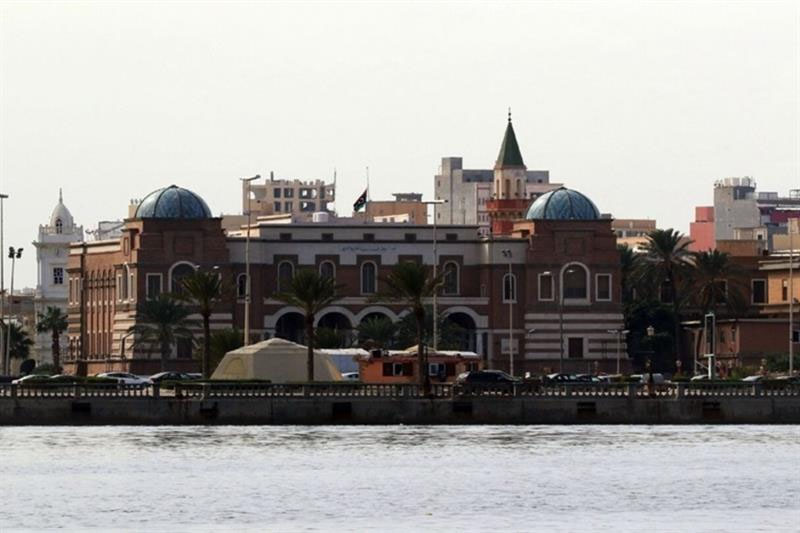
Photo Credit: Getty Images
Libya's central bank has announced the suspension of all its operations following the abduction of Musab Msallem, the bank's information technology director, in the capital, Tripoli. The kidnapping, which occurred on Sunday morning, has sent shockwaves through the institution, prompting the central bank to cease its activities until Msallem is safely released.
In a statement, the bank condemned the abduction, stating that Msallem was taken from his home by an "unidentified party." The central bank also revealed that other employees have received threats of kidnapping, further heightening concerns about the safety of its staff.
As the sole internationally recognized depository for Libya's vital oil revenues, the central bank plays a crucial role in the nation's economy, which has been severely strained by years of political turmoil and division. The suspension of the bank's operations could have significant repercussions, particularly given the ongoing conflict between the two rival governments in Tripoli and Benghazi.
This alarming incident comes just a week after the central bank was reportedly besieged by armed men. According to AFP, these men sought to force the resignation of the bank's governor, Seddik al-Kabir, who has been in office since 2012. Kabir has faced criticism for his management of Libya's oil resources and state budget, which have been a source of contention amid the country's ongoing instability.
Libya has been in a state of chronic insecurity since the 2011 ousting and killing of longtime leader Muammar Gaddafi. The country remains deeply divided, with power struggles between the UN-recognized government in Tripoli and the eastern administration backed by warlord Gen Khalifa Haftar. The kidnapping of Msallem further underscores the fragile and volatile situation in Libya, as the central bank, a key pillar of the nation's economy, grapples with these escalating threats.
















